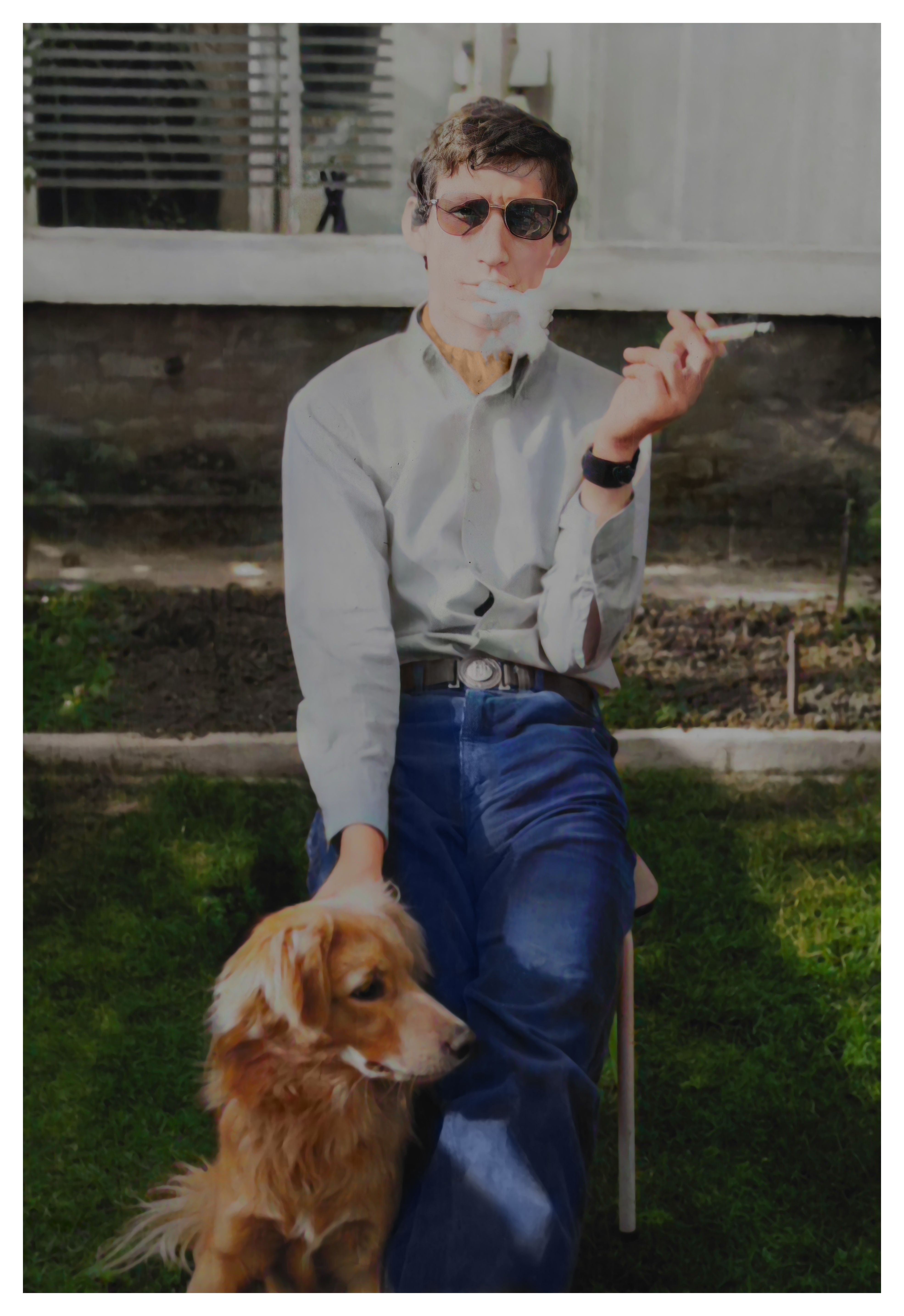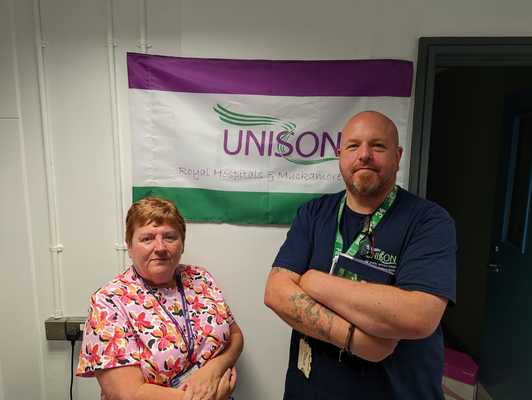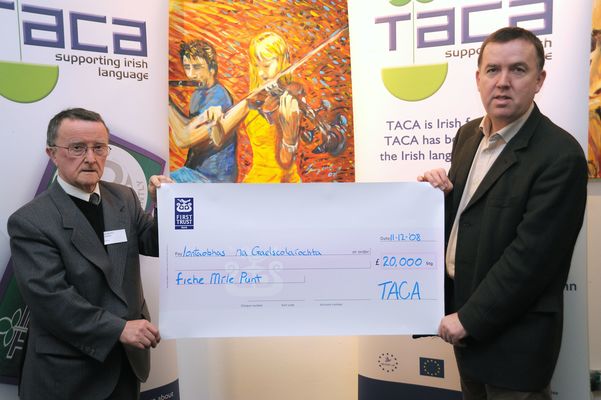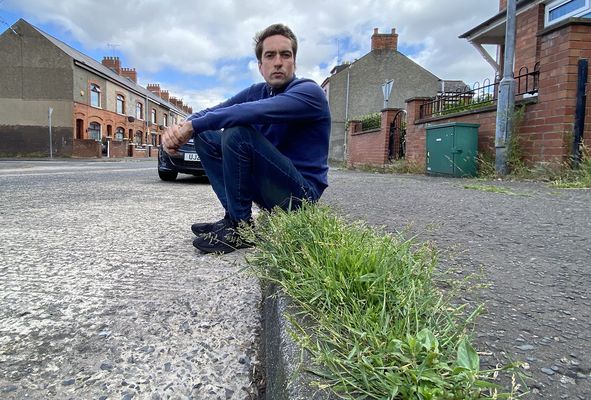THE family of a young photographer shot dead during the Falls Curfew have broken their silence to demand truth and justice after 51 years.
Zbigniew Uglik, a British national of Polish heritage, was among four civilians killed by the British Army as it imposed a 36-hour curfew on the Falls between July 3 and 5, 1970.
During the operation, British soldiers ransacked homes and injured a further 78 people. 337 were arrested.
On July 5, the curfew was brought to an end when thousands of women and children from Andersonstown burst through the curfew cordon with food and other vital supplies.
William Burns, Patrick Elliman, Charles O'Neill, Zbigniew Uglik. Four innocent civilians murdered by British crown forces actions during the Falls Curfew, 3rd - 5th July 1970. #Timefortruth pic.twitter.com/SC3ySaUuP9
— National Graves Association Belfast (@NGABelfast) July 2, 2021
21-year-old Zbigniew was an amateur photographer, who had come to Belfast from London to document the plight of the people here following the outbreak of the Troubles. He arrived at Aldergrove airport just hours before the curfew was declared.
After checking into the Wellington Park Hotel, he made his way to the Falls Road with his camera, unaware that the community was being placed under curfew.
Zbigniew was given shelter by a local man, William Gray, in Albert Street. William later reported that Zbigniew had left to get fresh film from his hotel room. While climbing a wall at the rear of the property, Zbigniew was shot dead by the British Army, who later made false claims he was a sniper.
The tabloid media alleged he was a Soviet agent, while an inquest into his death saw the coroner deliver a verdict of 'death by misadventure'.
Speaking to the Andersonstown News, Zbigniew's niece, Marta Riehle-Stern, told how his devastated family kept silent after being subjected to intense interrogation by British security and intelligence services.
"My grandma, like any mother really, was in complete shock," she said.
"I don't think my grandma ever got over it really. My mum finds it difficult to remember back, she doesn't like doing it because it was her baby brother. It was unbelievable what happened.
"I was told my grandparents had been interviewed aggressively by MI6 – I don't know if it was Special Branch – but it was on the grounds that they were allegedly some sort of communist sympathisers," she recalled.
"My grandpa was an anticommunist, an anti-Soviet – it was at their hands that they were all shipped off to these various Siberian work camps at the beginning of the war. But because of the lack of English, particularly on my grandpa's part, it got a little bit fraught. It was really quite unpleasant and quite aggressive.
"They were separated and interviewed separately. My grandma, a tiny little person, was in the depths of grief and they were being interviewed by very serious people.
"I didn't understand when I was growing up, because I was only a baby when this happened, why nobody asked questions and why people were afraid to ask questions. Now knowing who they were interviewed by I understand that."
Marta told how state agents had threatened to blacken Zbigniew's name if the family "made a fuss" about his killing.
"That, for any parent, is absolutely awful," she said.
"My uncle had been born in the UK and they couldn't understand why just because he was of Polish descent he would be branded some sort of Soviet or communist sympathiser."
As well as the systematic lies told about her uncle, Marta told how a Polish solicitor was warned off the case by state officials.
She said the denial of truth and justice is an "experience that is known by many families in Northern Ireland" and expressed her family's desire to "set the record straight".
"Because you are not someone of influence, because you're not someone in media or who has contacts, there's this utter frustration at not being able to say, 'I'm sorry, but this is the truth,'" she explained.
"History should be told truthfully, and those who are responsible for making errors need to be held to account, they need to apologise and lessons need to be learned.
"Yes, we've got the Good Friday Agreement and things have moved on, but for the families and relatives who have been treated so unfairly you feel that you can't move on. You just want to set the record straight."
She added: "Nobody is looking to point the blame at one particular private or one particular Lance Corporal or whatever, nobody wants that necessarily, but I think that an admission that these were people who were shot in error, or shot going about their business is important.
"My uncle was shot with two shots – into his stomach and into his spine," Marta revealed.
"This was a completely unarmed man climbing over a wall. Their claims that there were snipers are not consistent with the witness statements at the time. he wasn't even shot to be wounded, to bring him down so he could be arrested. The shots that were fired were fired by someone who knew exactly what they were doing, and they were shots to kill."
Each year, Zbigniew Uglik is remembered by the people of West Belfast, including the relatives of the other innocent civilians killed during the curfew: Charles O'Neill, William Burns and Patrick Elliman. After years of searching, the victims' families have finally had contact with Zbigniew's family in London.
"My grandparents had no idea that people remembered him," Marta said.
"They went to their graves thinking that nobody cared, that nobody remembered, that he was forgotten, that he was unimportant.
"It was only after I came across my uncle's name on the internet that we realised that every year somebody remembers him, every year someone lights a candle, every year there is a Mass in remembrance and he is included in all of that."
The families of those killed during the Falls Curfew expressed their delight after being contacted by the family of Zbigniew Uglik.
Falls Curfew Families spokesperson, Pól Wilson, said: "This is a major breakthrough. For 51 years we were left wondering whatever happened to Zibgniew and his family.
"We never knew where he was buried or if he had any family left alive to mourn his passing.
"Our fight for truth and justice and a fresh inquest has always included Zbigniew," he said.
"Hopefully if anyone is reading this and can remember anything about Zibigniew being shot dead in Albert Street on the evening on July 3rd 1970, then I am appealing for them to come forward and contact our families' solicitor Padraig Murray.
"The more evidence statements the better.
"The family of Zbigniew deserve the truth as much as the rest of us."








